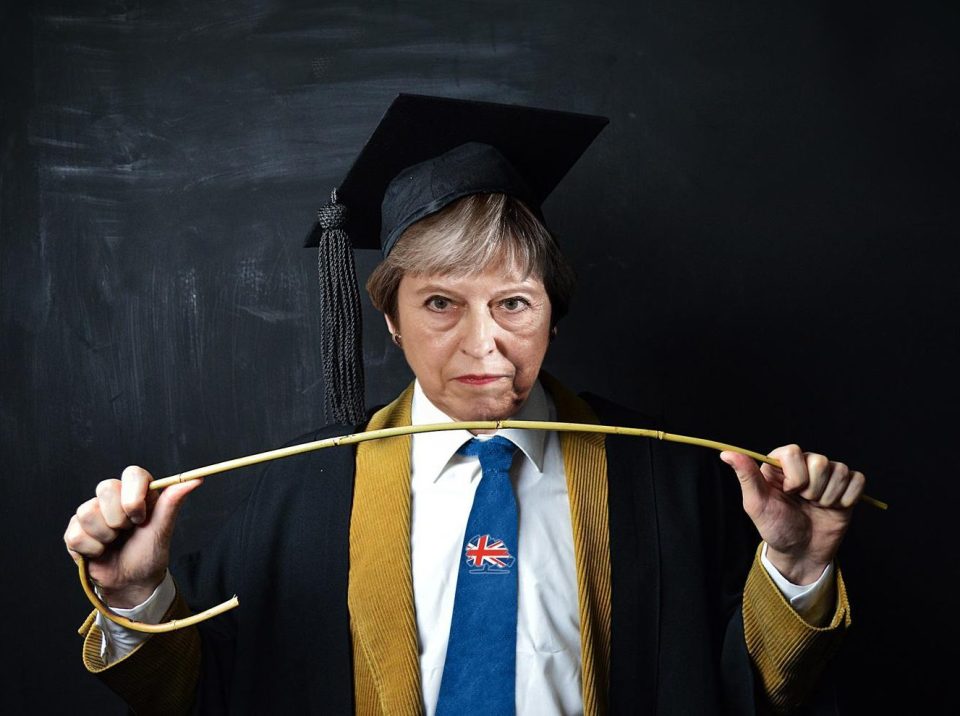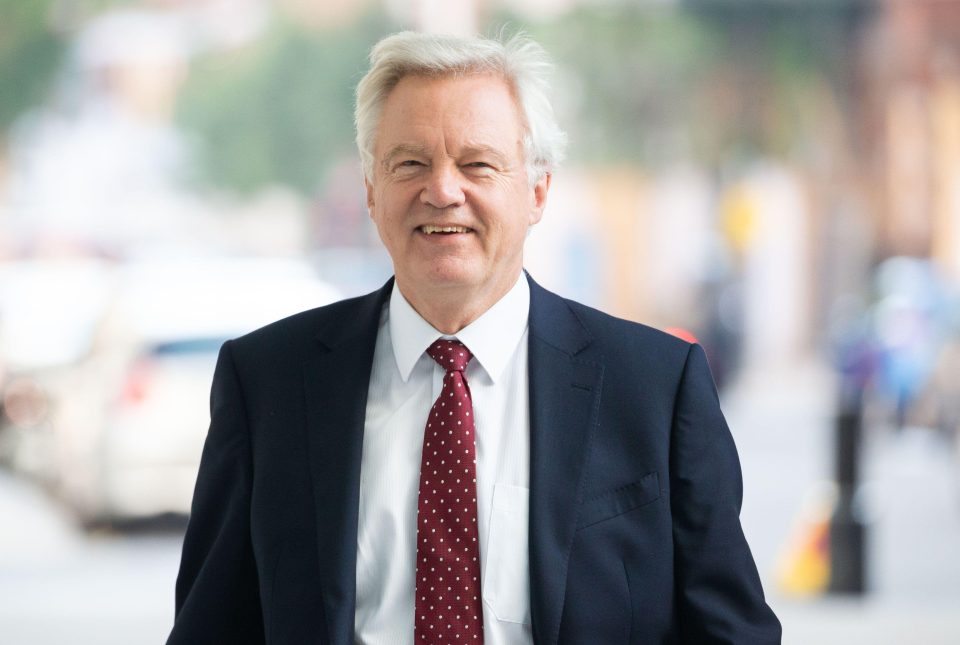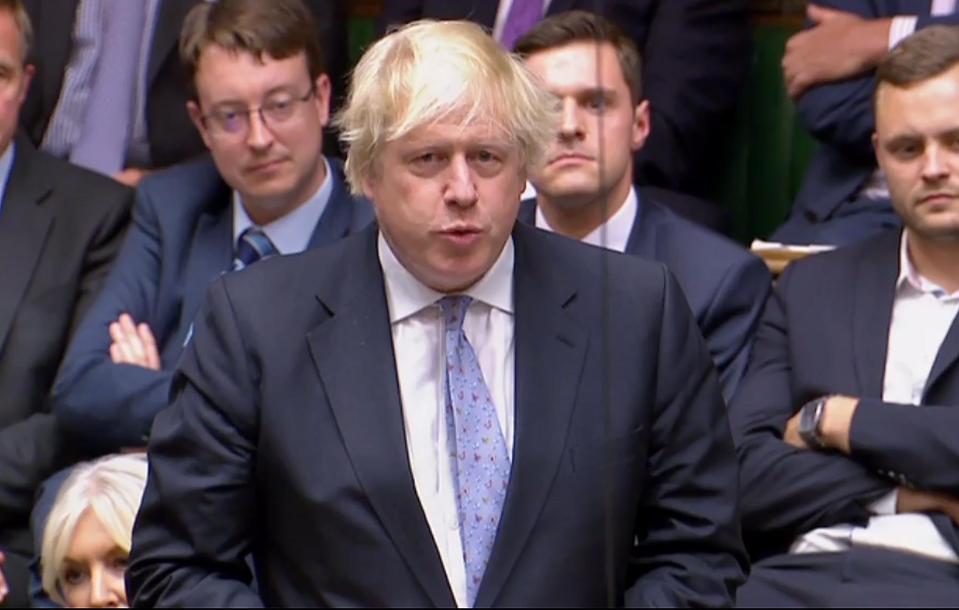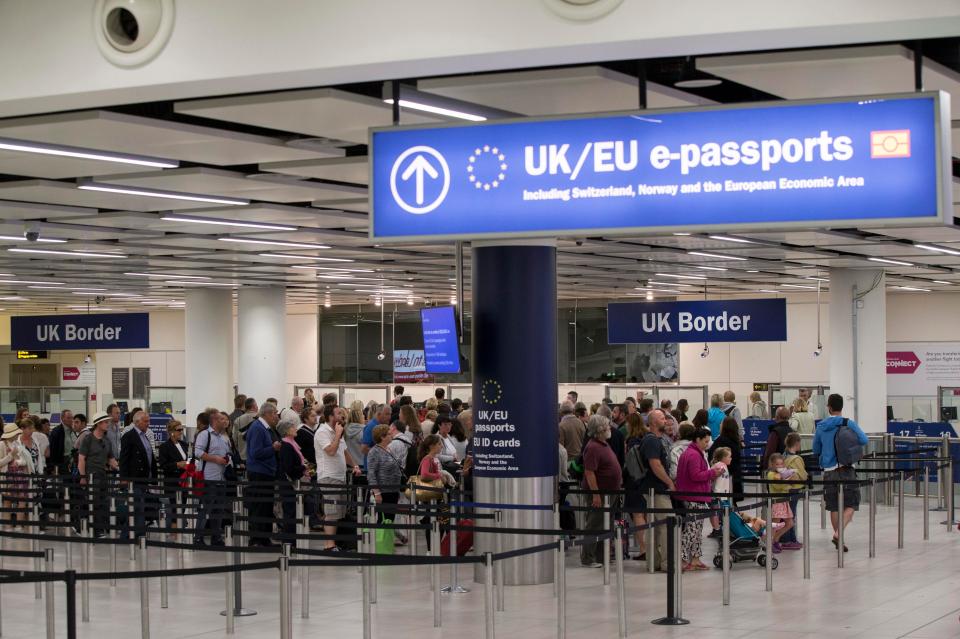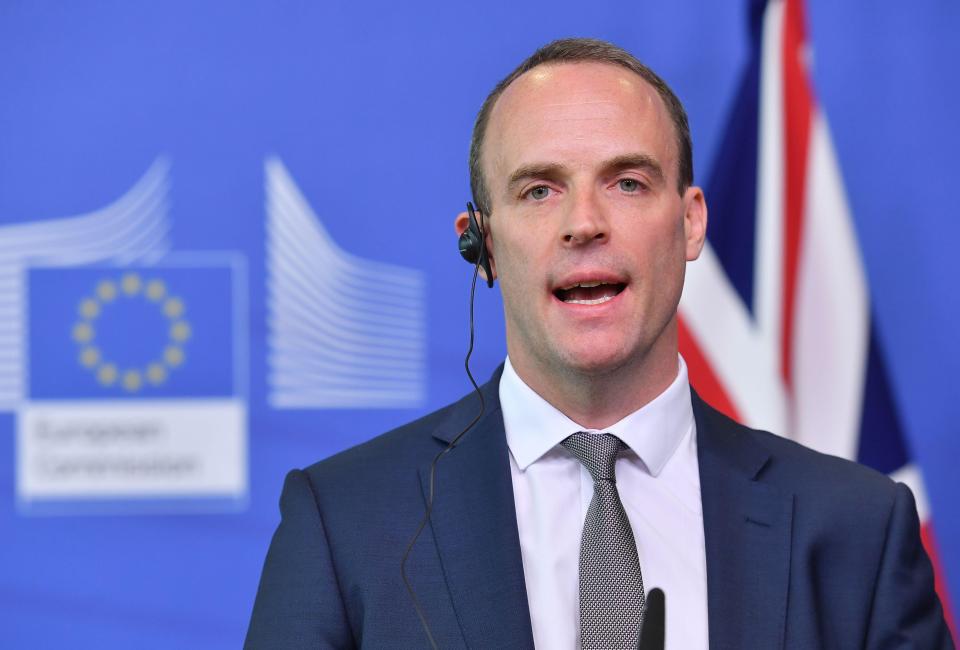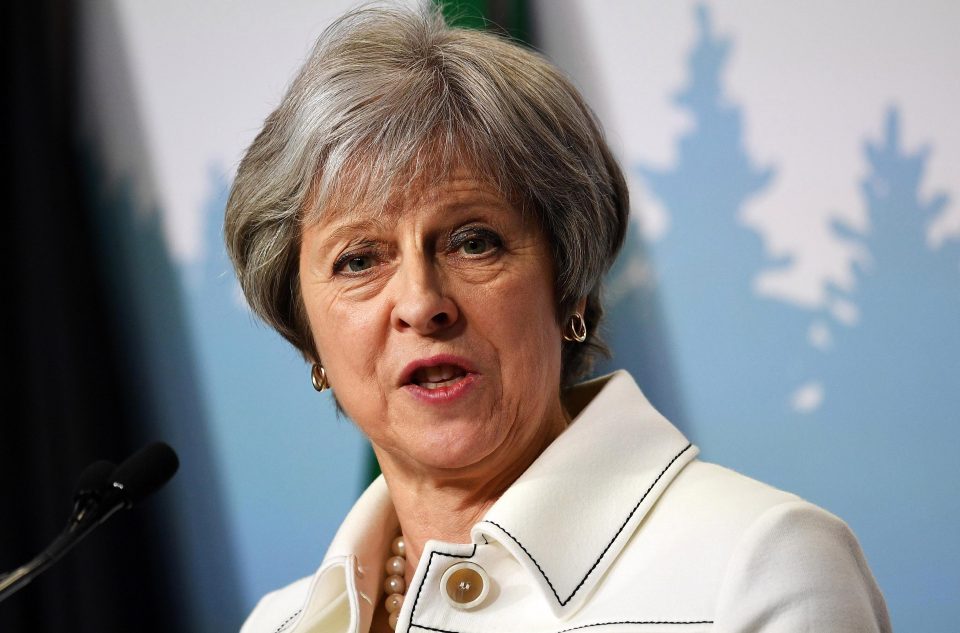Theresa May’s in danger of a non-Brexit Brexit with her Chequers plan — and the lady’s not for learning
If we want to escape Europe's laws, its court and its demands, Theresa May must revive plans for a free trade agreement, writes Nick Timothy

IT’S back-to-school day in Westminster, and there is only one question on everybody’s lips.
Will the headmistress have the authority to impose discipline on her unruly students?
Two months ago, the Prime Minister shattered what was left of Conservative Party unity when she produced her plan for Brexit at Chequers.
Having said Britain will take back control of our laws, money and borders, and strike our own trade deals around the world, she erased her red lines.
At Chequers, she said Britain would follow certain EU laws, accept rulings of the European Court of Justice and adopt a customs policy that casts doubt on our ability to agree trade deals with other countries.
Her Brexit Secretary, David Davis, and her Foreign Secretary, Boris Johnson, resigned in protest, and since then Westminster has waited anxiously to see what happens next.
In the coming weeks and months, we will find out.
Theresa May insists the choice is simple. She says we can leave in a safe and orderly manner through the Chequers plan or we can leave dangerously and chaotically if we don’t agree a departure deal with Europe.
In truth, there are other choices. We could surrender less sovereignty by proposing a conventional trade agreement, as Davis suggested in a white paper that was rejected by the PM.
But his proposal was never published, and Davis is now on the backbenches.
We could join the European Economic Area, like Norway, leaving us subject to European laws, including free movement, and paying into the Brussels budget.
Advocates, including the Tory MP Nick Boles, say this would buy us time to sort out our long-term relationship with Europe, but we would risk getting stuck half-in, half-out of the EU for years.
Whatever the merits of his case, however, Boles is a backbench MP who cannot impose policy on the Government.
Because Theresa May is the Prime Minister, Chequers is the only policy on the table. But Chequers, as bad as it already is, will not be the final deal.
Downing Street insiders insist it is “obtainable” without further compromises, while the PM says she will not accept compromises “that are not in our national interest”. But this is the problem: There will be further compromises, which come on top of an already flawed proposal.
And this is hardly a surprise, because Chequers is unacceptable to the Europeans.
The EU’s number one rule is that the “four freedoms” of its single market — in goods, services, people and capital — cannot be divided.
And yet Chequers — as unacceptable as it is to British Eurosceptics — seeks to divide these four freedoms.
Britain is effectively asking to stay in the single market for trade in goods but not in services, people and capital.
If we want what we have proposed for goods, the Europeans will say we must accept the other obligations.
The Prime Minister shattered what was left of Conservative Party unity when she produced her plan for Brexit at Chequers
Nick Timothy
As part of an agreement about services, they will insist on Britain accepting more EU laws and a greater role for the European Court.
They are likely to demand financial contributions and access to British waters for their fishing industry.
And while they might not call it free movement, they will insist on concessions that grant Europeans almost automatic access to the British labour market.
This prediction is not plucked out of thin air. It is based on decades of EU policymaking, and everything European leaders and their negotiators have said since the referendum.
It is reflected in the EU’s own negotiating guidelines, issued to the European Commission by the Council of Ministers.
And it is why, in her Lancaster House speech last year, Theresa May ruled out single market membership.
Having to accept its obligations, she said, “would to all intents and purposes mean not leaving the EU at all”.
And yet this is the danger we now face. According to several Government sources, the Chancellor, Philip Hammond, is “itching” to make a “generous offer” on immigration. Some believe he wants to retain free movement rules, because he says we cannot get a good trade deal unless we do so.
Few ministers care about reducing immigration, and the Chequers white paper is remarkably open about the options
Nick Timothy
Theresa May, on the other hand, is adamant that free movement must end.
But whether or not we are legally part of EU free movement rules, the question is whether her deal will regain full control of immigration to Britain. And what we know already is alarming.
There is nothing wrong with allowing tourists to come here easily, students to attend British universities and business people to travel without bureaucracy.
Nor is there a problem with firms moving their workers across borders quickly and easily to provide services.
And it makes sense to give Europeans preferential access to Britain compared to people from further away.
But few ministers care about reducing immigration, and the Chequers white paper is remarkably open about the options. It proposes, for example, a “youth mobility scheme” that would give young Europeans the right to live and work in Britain for fixed periods.
Without strict limits, this alone could destroy meaningful immigration control, because most people who want to migrate are young.
Around 64 per cent of EU migrants to Britain are under 30, while 86 per cent are younger than 40.
The white paper suggests “other specific mobility areas”, without giving further details. It proposes “social security coordination” which might allow migrants to claim benefits for children living back home in countries like Poland.
And it says nothing about our ability to deport or bar European criminals from Britain.
If we want to escape Europe’s laws, its court and its demands for our money — and if we want to control immigration — the Government needs to revive its plans for a free trade agreement
Nick Timothy
Most worryingly, there is no proposal for a visa system for European workers.
Without that, unskilled and low-skilled immigration will continue without limit.
It does not need to be like this.
We are discussing these unacceptable compromises because Chequers proposes partial membership of the EU’s single market.
MOST READ IN OPINION
If we want to escape Europe’s laws, its court and its demands for our money — and if we want to control immigration — the Government needs to revive its plans for a free trade agreement, and it needs to do so urgently.
Unless it does, Brexit will not mean Brexit.
The Sun Says
THERESA May’s Chequers plan looks less and less like a “plan” every day.
We have reluctantly said before that this offer to the EU, as over-generous as it is, seemed the only viable Brexit option capable of winning Commons approval.
But it has been unambiguously trashed by Brussels, is loathed by many Remain MPs and most Brexiteers. When Jacob Rees-Mogg met Michel Barnier yesterday, both reportedly agreed it was a dud.
Its chances of approval anywhere look negligible. If Mrs May softens it further for the EU she’s toast. If she hardens it for Brexiteers, it’s even less likely to fly.
Whatever Downing Street says, it’s not a plan if it has no possibility of proceeding. And if it’s a non-starter, isn’t it time to accept it and focus on a more basic free trade deal? Even if it means a small amount of disruption at the Irish border?
There’s no guarantee that will get through the Commons either. But it would fulfil the wishes of Leave voters and Brexit-backing MPs — and is far more likely to get the nod in Brussels.
Brexit is just six months away. It would be insane to waste time on a proposal with apparently zero chance of success.
- Political adviser Nick Timothy was Theresa May’s Downing Street Joint Chief of Staff from 2016 to 2017.


